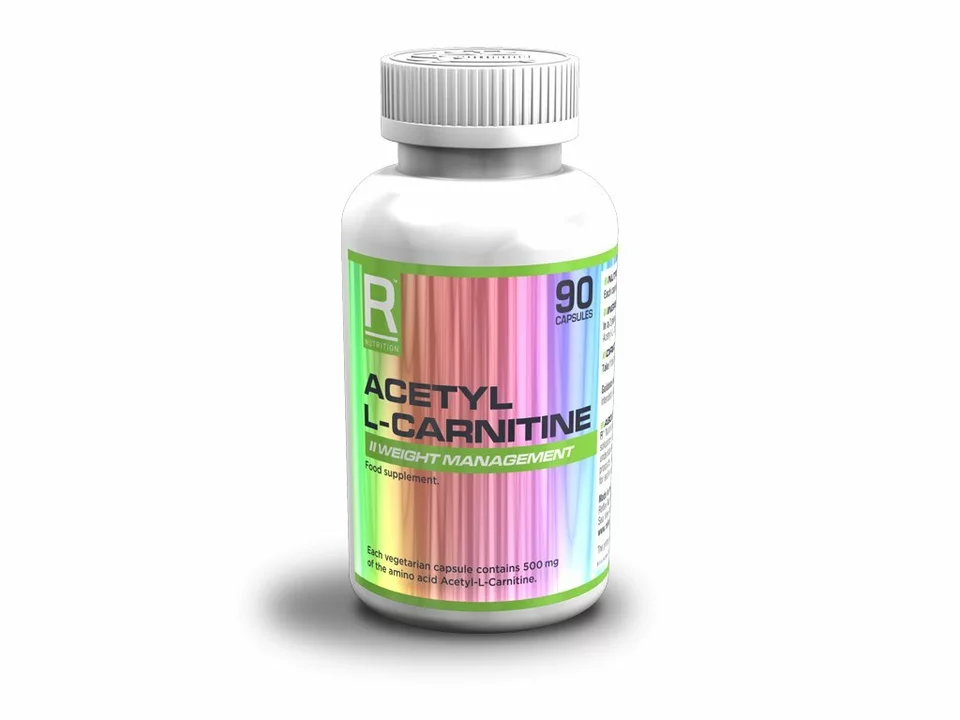Daily Routine: Simple Habits for Health, Meds, and Everyday Care
Want a daily routine that keeps your meds on track, reduces side effects, and makes life simpler? This page collects practical tips you can use today - timing, storage, meal pairing, and small checks that prevent mistakes.
Set a fixed time for meds. Treat medication time like brushing teeth: same place, same moment. Use a pillbox, phone alarm, or a sticky note on the fridge. Write down when you last took a dose if you worry about double-dosing.
Match meds to meals when needed. Some pills work best with food, others on an empty stomach. Keep a short list by your medication box: drug name, best timing, and any foods or drinks to avoid. For example, take acid reflux medicine earlier in the morning or night as your doctor recommends.
Watch alcohol and social plans. If you take spironolactone, Wellbutrin, or similar meds, check interactions before you drink. When in doubt, skip alcohol or stick to one drink. If you need real-life tips, our guide on socializing while on spironolactone explains practical choices.
Keep an eye on side effects and symptoms. Track mood, sleep, digestion, and skin changes in a simple daily note. Noticing a pattern helps you and your clinician decide if a change is needed - for antidepressants like Wellbutrin or steroid tapers for prednisone, small trends matter.
Make skin care simple and consistent. For acne or rosacea treatments like Soolantra or benzoyl-based products, use a gentle cleanser, apply medicated creams as directed, and avoid mixing strong actives the same day. A small routine morning and night protects skin and improves results.
Prepare for emergencies. If you have heart meds like nitroglycerin, keep tablets where you can reach them quickly and tell a close contact how to help. For asthma, keep inhalers charged and practice pre-exercise dosing if you compete.
Buy meds safely online. Stick to verified pharmacies, read reviews, and avoid prices that seem too good to be true. Our reviews on several online pharmacies explain how to vet sites and spot red flags.
Use simple lifestyle moves to lower long term dependence on meds when appropriate. Anti-inflammatory foods, regular low-impact exercise, stress steps like short breathing breaks, and sleep hygiene can reduce flare-ups and sometimes lower the needed dose of drugs like prednisone with doctor approval.
Keep notes for your prescriber. Bring a short list to appointments: current meds, recent side effects, and any online purchases so your clinician can advise safely. Small, honest notes save time and prevent risky overlaps.
Finally, pick two tiny habits to start: a nightly pill check and a five-minute mood log. Stick with those for two weeks, then add one more. Building routine slowly makes it stick and actually changes outcomes.
Want specific how-to articles? Check our guides on buying meds online, reducing prednisone dependence, safe socializing on spironolactone, acne treatments like Soolantra and Benzoyl, plus reviews of trusted online pharmacies to help you choose.
Start small and keep notes. Every day.
How to incorporate acetyl-l-carnitine into your daily routine
Acetyl-l-carnitine is an amazing supplement that can provide numerous health benefits. To incorporate it into my daily routine, I'll start by consulting my doctor to ensure it's safe for me to take. Then, I'll purchase a high-quality supplement and take the recommended dosage with a meal to enhance absorption. I'll also make sure to stay consistent in taking the supplement daily for optimal results. Lastly, I'll track any improvements in my energy levels, cognitive function, and overall well-being to see how well acetyl-l-carnitine works for me.






